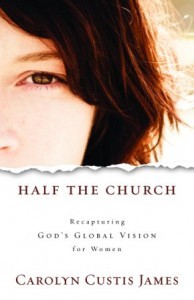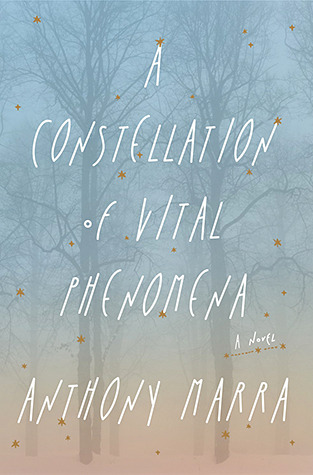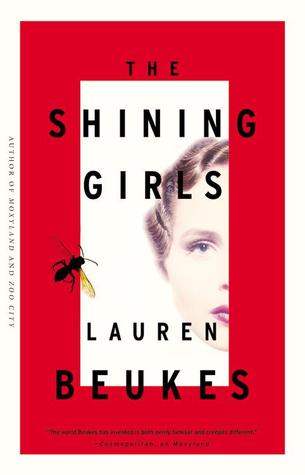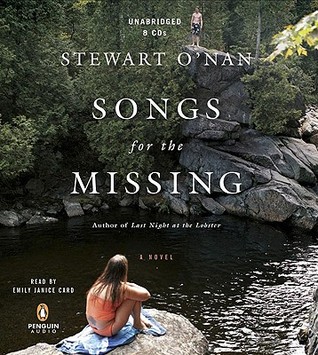The Well of Lost Plots
(Thursday Next #3)
By Jasper Fforde
Viking 2004
375 pages
From the library

Warning: This review may contain spoilers for the first two books in the series.
Thursday Next still hopes to get her husband back. But it's perhaps best for a very pregnant and very wanted woman to lay low for a while. So Thursday decides to hide out in the Well of Lost Plots. The well is home to unpublished books, half-baked ideas, and plot devices up for grabs. Thursday takes up residence in a poorly written detective novel, taking the place of a vacationing character. But all is not well in Bookworld. Someone is after the agents of Jurisfiction and the new version of Ultra Book has secret repercussions for everyone.
Jasper Fforde is writing an amazing series. The man seems to have an infinite amount of ideas, endowing both Thursday's world and Bookworld with endless possibilities. But The Well of Lost Plots doesn't live up to its predecessors. I think part of it is the loss of continuity. In the first two books, the arc was about Thursday fighting Goliath to regain her husband. But Thursday makes the decision to go underground and so we get no interaction with Goliath and just a minor storyline about Thursday and Landen. Many readers say that this book is actually set-up for Fforde's Nursery Crime series, instead of a true continuation of Thursday's adventures.
The second issue is that Fforde seems to start exploring hundreds of new ideas, but none of them are fully developed. We learn that characters begin as blank slates and then go to school to learn to become either a main or minor character. They are imbued with the appropriate character traits for cops, love interests, or heroes. We also find out that there is a thriving industry of plot devices for the stories in the well. Characters will pay a pretty penny for a twist that will propel their story to publishing.
His plot ideas are fascinating, as usual, but they leave your head spinning with their sheer volume. Most of the pages are taken up with description, to the detriment of a real plot. For a character who goes into hiding because of her pregnancy, it gets very little page time. Thursday doesn't seem particularly concerned with her child or what kind of mother she will be. I wanted more character development and especially more time devoted to the relationships between Thursday and her grandmother, her mentor Miss Haversham, and her new housemates Lola and Randolph.
The Well of Lost Plots is a fun and interesting read. I'm certainly not done with this series. I am excited to see what else Fforde can do with Bookworld and the indomitable Thursday Next. This was not my favorite book of the bunch, though.
The second issue is that Fforde seems to start exploring hundreds of new ideas, but none of them are fully developed. We learn that characters begin as blank slates and then go to school to learn to become either a main or minor character. They are imbued with the appropriate character traits for cops, love interests, or heroes. We also find out that there is a thriving industry of plot devices for the stories in the well. Characters will pay a pretty penny for a twist that will propel their story to publishing.
His plot ideas are fascinating, as usual, but they leave your head spinning with their sheer volume. Most of the pages are taken up with description, to the detriment of a real plot. For a character who goes into hiding because of her pregnancy, it gets very little page time. Thursday doesn't seem particularly concerned with her child or what kind of mother she will be. I wanted more character development and especially more time devoted to the relationships between Thursday and her grandmother, her mentor Miss Haversham, and her new housemates Lola and Randolph.
The Well of Lost Plots is a fun and interesting read. I'm certainly not done with this series. I am excited to see what else Fforde can do with Bookworld and the indomitable Thursday Next. This was not my favorite book of the bunch, though.

























